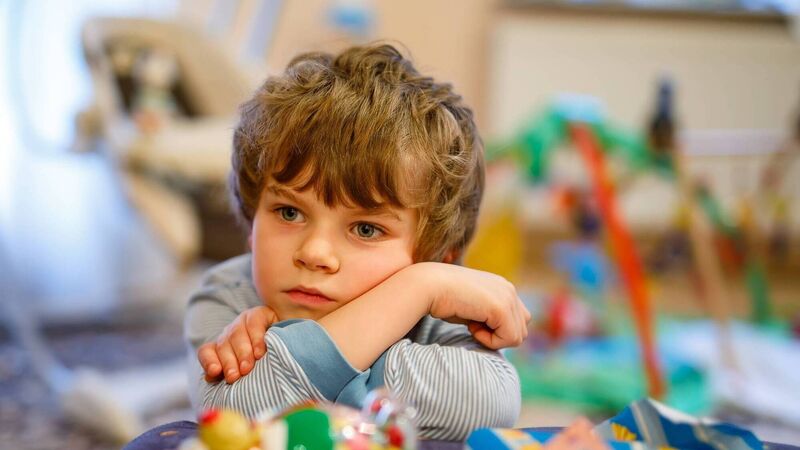Joanna Fortune: My grandson doesn't talk to adults in daycare

'It would be worth it for his parents to connect with his care team to see how they experience him and observe and understand his behaviour and interactions with others.' Picture: iStock











